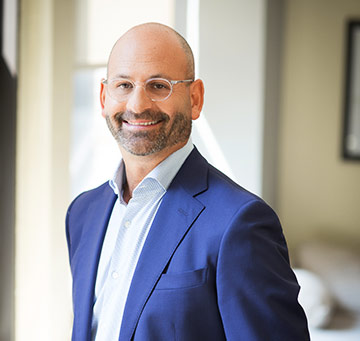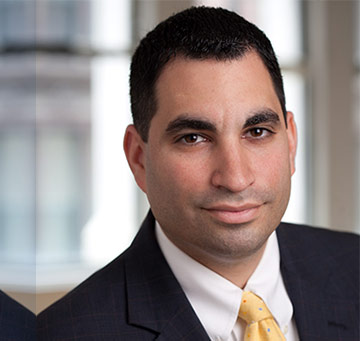Main Content
Konner Gershburg Melnick Darouvar
Konner Gershburg Melnick Darouvar is a law firm based in New York. We help clients navigate complex real estate and bankruptcy legal issues.
Rated by Super Lawyers
loading …
Rated by Super Lawyers
loading …
Welcome to KGM Law
We’ve had the honor and pleasure of representing hundreds of clients in the purchase and sale of real estate across all five boroughs, as well as upstate New York and Connecticut. With a combined 70 years of experience (that makes us sound old), there isn’t an issue the firm hasn’t encountered. Our entire focus is making sure the client is properly represented, while also ensuring that customer service and satisfaction is at the forefront of what we do every day.
Recent Closed Transactions
$18,000,000
Recently represented the Purchaser of an $18,000,000 Condo in Manhattan.
$4,000,000
Recently represented the Purchaser of a $4,000,000 New Construction condo in Brooklyn.
$2,250,000
Purchase of a $2,250,000 Townhouse in Bed Stuy.
$4,750,000
Sale of a $4,750,000 condominium in Gramercy.
Explore how we can help you
Our Team
DANIEL GERSHBURG, ESQ
Partner
Born and raised in Brooklyn, NY, Daniel Gershburg always had an entrepreneurial spirit.
SCOTT C. KONNER, ESQ.
Partner
Mr. Konner represents institutions and individuals in the acquisition, selling, conveyancing, financing …
MATTHEW G. MELNICK, ESQ.
Partner
Matt Melnick’s practice centers around the areas of real estate and real estate finance.







